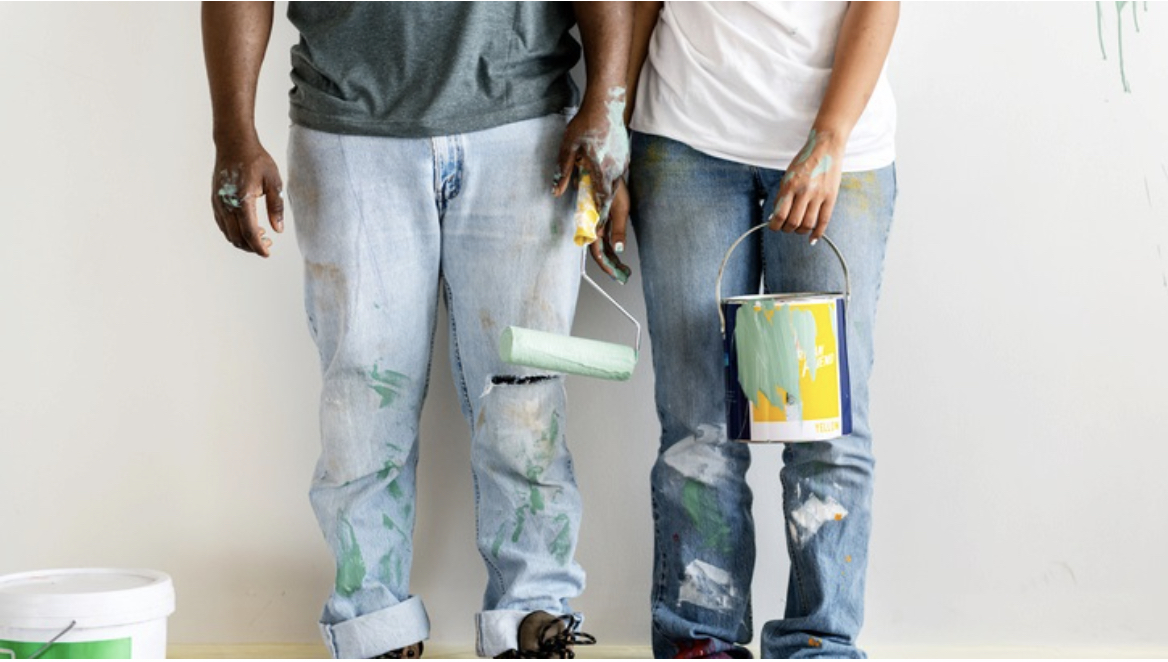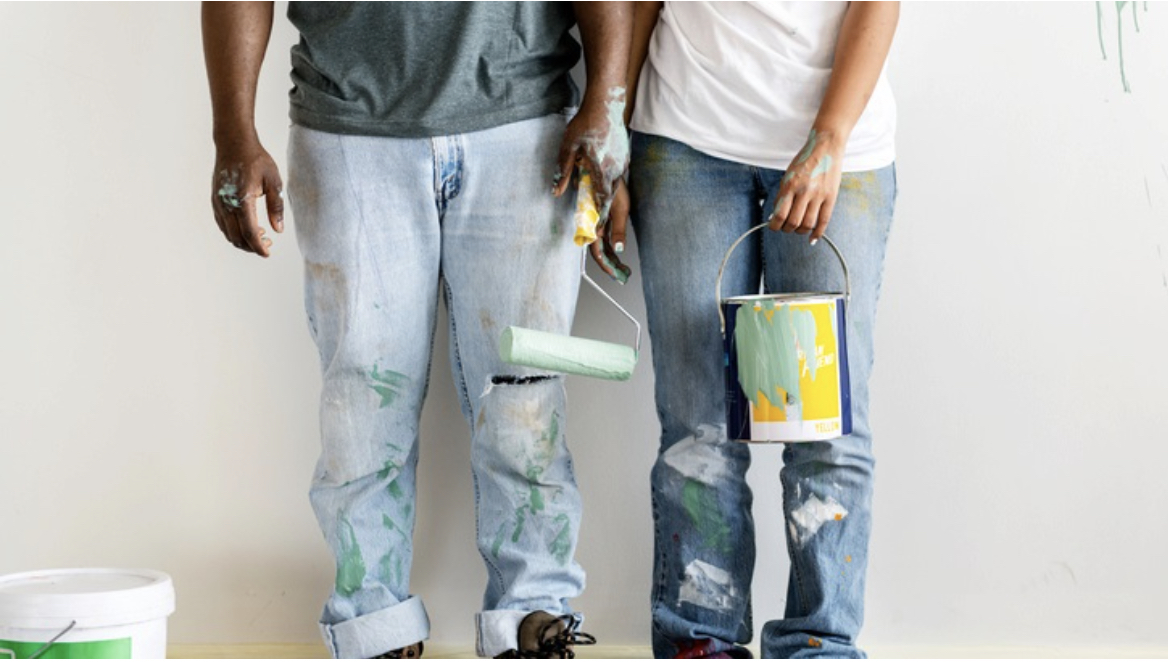6 Costs Homeowners Overlook and How to Pay for Them

Source; Posted on Aug 15 2018 – 11:05am By the Experts at Hippo Insurance
For many people, a house is the biggest investment they’ll ever make. And whether you’re a first-time homeowner or you’re buying your third property, you’re bound to end up covering some unexpected expenses. Here are six costs homeowners tend to overlook and how to pay for them:
1. Property taxes
Be prepared to pay property taxes and keep in mind that they rarely decrease. Homeowners often pay them every month along with their mortgage payments. If your loan is backed by the Federal Housing Administration, you’re required to have an escrow or impound account.
If you don’t have to make property tax payments through an escrow account, they may be due at the end of the year. In some counties, you might pay them in installments.
2. Homeowners association fees
Whenever you move into a new home or condominium, you become part of a community. In many cases, there are fees associated with the maintenance and general upkeep of shared common areas. The money collected might cover snow removal, landscaping or repairs to a meeting room.
Monthly homeowners association (HOA) fees for standard single-family homes tend to cost between $200-$300, but rates can vary depending on several factors, including how recently a housing community was built and the kinds of amenities that are available. That’s why it’s best to know how much fees cost upfront. In West Hollywood, Calif., for example, residents in Sierra Towers condos get access to a 24-hour concierge service and valet parking, but spend around $4,000 per month on HOA fees.
3. Insurance premiums
If you own a home, another cost you should include in your budget is insurance. The average annual homeowners insurance premium costs $1,120, according to recent data provided by the National Association of Insurance Commissioners, but the amount you pay may be higher or lower based on where you live and the kind of policy you choose.
Homeowners insurance typically covers personal possessions, liability for injuries that take place on your property, the structure of your house and additional costs associated with living elsewhere if your home is severely damaged. If you live in an area prone to natural disasters, you might need a supplemental policy like flood insurance.
4. Repair and maintenance costs
Repairing or replacing a roof, furnace or air conditioner can be expensive, and at some point, you might have to address plumbing issues or trade in some old appliances.
The cost of home maintenance is another thing you’ll have to factor into the cost of homeownership. You’ll need money to keep your yard, gutters, carpet and everything in between in tip-top shape.
Financial experts generally recommend setting aside 1 percent of your home’s value to cover the cost of unexpected repairs and maintenance. If you’re trying to save money, you’re better off doing some of the work yourself. Just make sure you have enough funds for the materials you need to get the job done.
5. Costs associated with selling a home
Having a home that’s well-maintained not only lets you enjoy your house while you’re living there, but also prevents you from being saddled with additional costs when you’re ready to sell it.
Replacing your roof or furnace might be something you want to put off, but failing to make necessary repairs or meet demands made by potential homebuyers could hurt your market value or cost you a sale.
6. Pest control costs
Pests are a real concern for many homeowners. Over time, all sorts of critters—like termites, ants, spiders and rodents—might invade your home. Depending on how serious the problem is, you might need to fumigate your house.
If you’re interested in buying a home, make sure you hire an inspector to check for bugs and termites that could cause structural damage. While lenders don’t always require homebuyers to pay for pest inspections, it’s important to have one done. You don’t want to close on a house only to find out later that there’s an issue. Termite inspections generally cost between $75-$150, according to Angie’s List.
Build a rainy day fund!
It’s always better to be prepared for a storm than to be caught in a downpour without an umbrella. Despite the high costs, owning your own home can be a rewarding experience.
Hope for the best and prepare for the worst by keeping enough money in your savings account to cover unforeseen costs. Make sure you account for all of the hidden expenses and fees associated with buying a home and budget accordingly.
Hippo is an InsureTech company that’s reimagining home insurance through the lens of homeowners. Hippo Insurance is available to homeowners in 10 states throughout the U.S. and will be available to more than 60 percent of the nation’s homeowners by the end of 2018.

 Facebook
Facebook
 X
X
 Pinterest
Pinterest
 Copy Link
Copy Link




